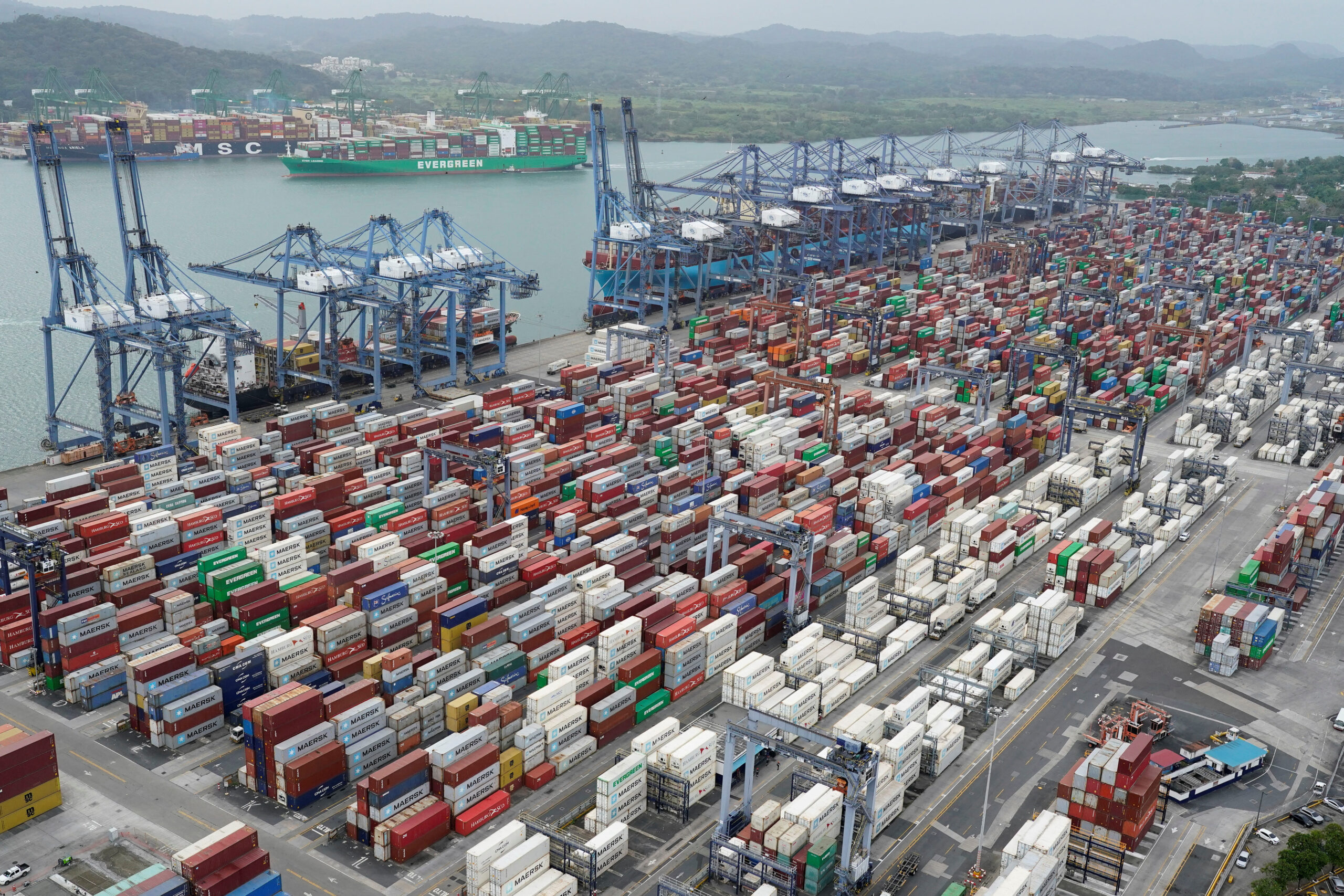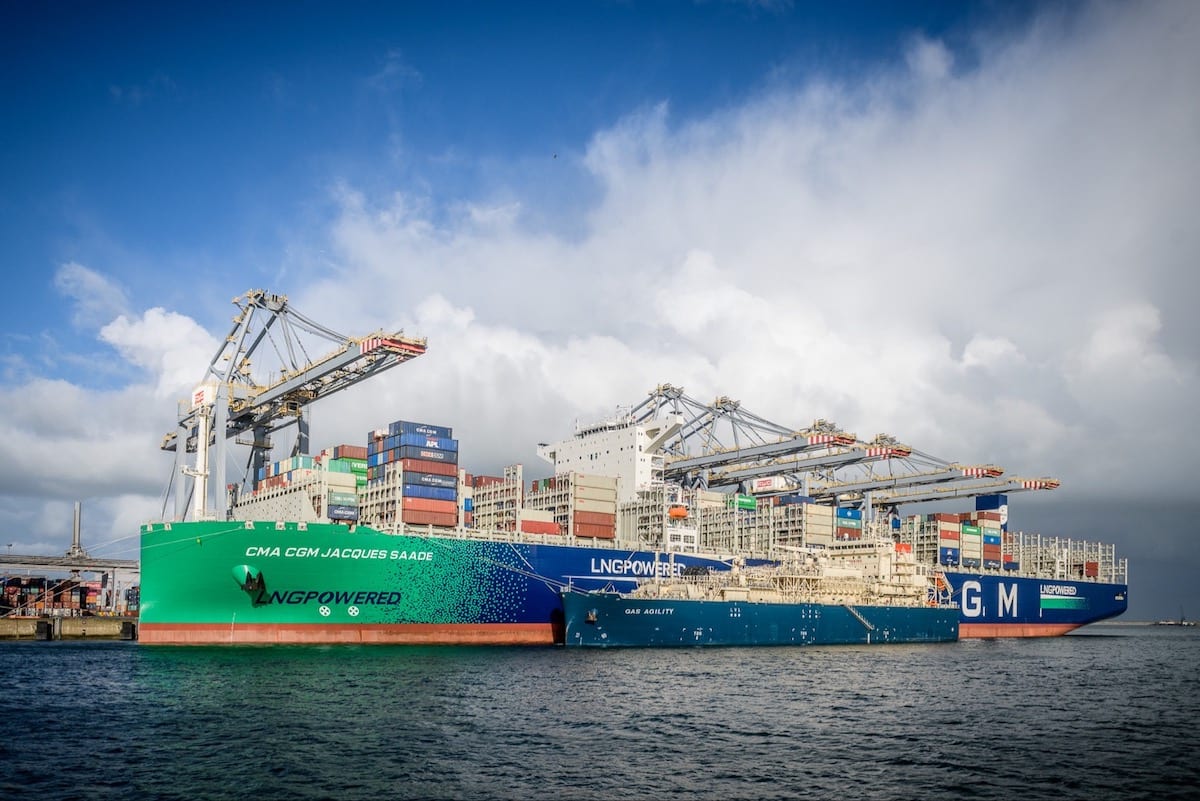Image (c) Shutterstock/Anthony Correia
By Isaac Arnsdorf and Mary Childs
May 1 (Bloomberg) — The fictional Robert Fairchild is one of the hottest names on Wall Street. He’s the hero of the 2011 novel “The Shipping Man,” a New York hedge fund manager who becomes so captivated by wild swings in freight rates that he buys a dry-cargo carrier and sets off on an adventure leading to run-ins with Somali pirates and Greek tycoons.
In recent months, references to the book have turned up in hedge funds’ mailings to clients, billionaire Wilbur Ross’s speeches, conference calls with traders, investment-bank research reports and syllabuses for university courses in London, Hamburg and New York.
Investors are devouring the book amid a surge of interest in shipping, which is still recovering from the worst global recession since the Great Depression. Private-equity firms pumped more than $7.2 billion into the industry in 2013, according to Marine Money, a newsletter whose president wrote the novel. They entered partnerships, ordered new vessels or bought ship debt at the fastest pace since 2008 as a fifth year of about zero interest rates saw more money chasing fewer deals.
“Now is a great time to be buying these loans because there’s an oversupply,” Marc Lasry, co-founder and chief executive officer of Avenue Capital Group LLC, a New York-based company which oversees $13.6 billion including shipping debt, said by phone April 24. “We’re at or close to the bottom.”
More Investments
Solus Alternative Asset Management LP, which oversees $4.4 billion, has made more than a dozen shipping investments after evaluating hundreds of deals over the past 18 months, CJ Lanktree, a money manager at the New York-based firm, said in a phone interview April 24.
Funds are betting ship prices will rebound from historical lows that followed owners ordering too many ships before the global recession. The ClarkSea Index, a measure of industrywide rates, rose 6.7 percent in the past year to $9,664 a day. The 2012 average of $9,586 was the lowest since at least 1990.
A five-year-old supertanker now sells for $70.6 million, compared with $53.6 million a year ago, still less than half the $162 million high in 2008, according to the Baltic Exchange in London. The price of a Capesize, the largest type of dry-bulk carrier the exchange tracks, rose 63 percent in the past year to $50 million, 33 percent of the 2008 peak of $153.8 million.
Europe Sells
Private-equity and hedge funds are making their moves just as European banks are offering to sell more secondhand debt. Lenders such as HSH Nordbank AG, of Hamburg, are under regulatory pressure to hold safe assets, and ship values have recovered enough for the banks to sell their loans without recording huge losses, according to Stuart McAlpine, a London- based partner at Mayer Brown LLP.
Investors “see that the shipping industry is at a pretty depressed point in the capital cycle,” he said in an April 16 phone interview. “They’re looking for any entry point.”
KKR & Co., the New York-based investment company that oversees more than $102 billion, spent about $260 million last year to form Maritime Finance Co., a lender to the shipping industry designed to help fill the void left by the withdrawal of European banks. KKR is both financing new ships and taking control of vessels through distressed loans, according to Nat Zilkha, co-head of credit and special situations.
‘Value Traps’
“In both cases though, it’s about the right vessels at the right point in the cycle and having the right partners,” Zilkha said in an e-mailed statement April 22. “There are opportunities in shipping but there are also some dangerous value traps.”
The influx of new money has industry stalwarts concerned that investors will flood the market with new ships, take their winnings and go, leaving shippers mired in another glut. Orders for new ships almost tripled last year to the highest since 2010, according to data from London-based Clarkson Plc, the world’s largest shipbroker.
“What people fail to understand is they’re not giving the market sufficient time to recover,” Giuseppe Rosano, the director of London-based shipbroker Alibra Shipping Ltd. who’s worked in the industry for 23 years, said in an April 9 phone interview. “By then, these people will have made their money and everyone else is trash when the market collapses.”
Book List
U.S. investors who used to ignore shipping are becoming sophisticated students of the industry. As an investment banker taking shipping companies public 15 years ago, Stamatis Tsantanis, now chairman and chief executive officer of Seanergy Maritime Holdings Corp., an Athens-based owner of dry-bulk carriers, used to draw pictures to show people what a tanker was. Now, investors ask specific, technical questions about fuel consumption, he said in an April 14 phone interview.
For many bankers and investors, part of their education has been “The Shipping Man.” The book appeared for the first time this year on an annual list called “What Wall Street Is Reading This Spring Break,” distributed to more than 7,000 traders and money managers, compiled by Dave Lutz, the Baltimore-based head of exchange-traded fund trading and strategy at Stifel Nicolaus & Co., a brokerage and investment bank.
The book’s hero, Robert Fairchild, sums it up: “What was it about the international shipping business that was so appealing? Robert wondered as he listened to his former investor bemoan the fact that there weren’t enough shares for Eurkea! Capital to buy. Was it the age-old romance of ships and the sea that had been attracting and exciting men throughout history?….Or maybe it was the nobility of the thing: that without ships, half the world would starve and the other half would freeze.”
While the book is fiction, it helps readers understand an eccentric business, said the author, Matthew McCleery, president of industry newsletter publisher Marine Money in Stamford, Connecticut. A German ship owner recently wrote McCleery that his wife read the book and “now she finally understands what I do.”
If not a bestseller, the book has paid dividends.
“A billionaire even read it, said he identified so much with Robert Fairchild that he hired me to sell his dry cargo ships,” McCleery said in an e-mail April 3. “When people ask if there’s money in publishing, I think of that deal and smile.”
Copyright 2014 Bloomberg.

 Join The Club
Join The Club











